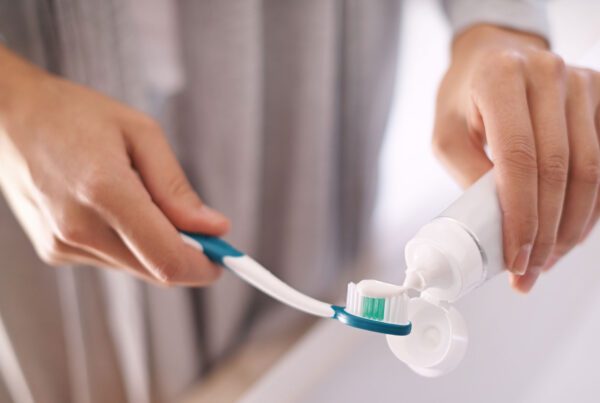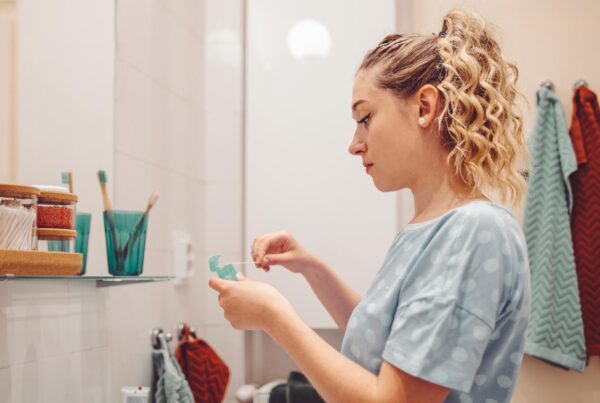Teeth whitening is an excellent technique to improve the aesthetic attractiveness of your smile. People may whiten their teeth at home or at their dentist’s office thanks to advances in dental technology. While teeth whitening may appear to operate like magic to whiten and brighten a smile, it is actually extremely scientific.
Why Do Your Teeth Get Stained?
The white enamel that protects your teeth is the toughest material in the human body, yet it is susceptible to stains. Certain foods and beverages can stain the enamel’s surface, while others might produce stains deep within the enamel. Enamel is very thin, which means it has many microscopic holes. Tooth-staining chemicals can leak into these pores and generate stains that are difficult to remove.
Tea, alcohol, and coffee all stain the enamel, turning teeth yellow. Yellow discolourations can also be caused by some drugs or by having a persistently dry mouth. Tooth discolouration can be caused by poor oral hygiene since insufficient or occasional brushing and flossing permits unattractive plaque and tartar to build up on the surface of teeth. Blueberries, blackberries, pomegranates, and other fruits, as well as smoking, tartar accumulation, and untreated dental rot, can all cause brown stains on teeth. These stains, which rest on the surface of the teeth, are referred to as “extrinsic” by dentists.
The Science Behind Teeth Whitening
Teeth whiteners employ bleaching chemicals, which penetrate the tooth enamel and cause a chemical reaction that breaks up stains. Carbamide peroxide and hydrogen peroxide are the most often used bleaching agents.
Because teeth are fragile, the bleaching chemicals rapidly enter the enamel and dentin. The peroxide’s oxygen molecules split stain molecules into tiny fragments, making the discolouration less intense and apparent. The bleaching procedure also illuminates your teeth, giving them a whiter appearance overall.
Because whitening does not operate the same way on all teeth, it may not remove some forms of discolouration. Yellow teeth, for example, will usually react better to whitening therapy than brown teeth, while grey discolourations may not respond at all. Bleaching chemicals will not remove the colour from caps, veneers, crowns, or fillings. Teeth whitening will not work on tooth discolourations caused by dental injuries.
Professional Teeth Whitening At Central Hutt Dental
Dentists can supply you with a more concentrated substance that can whiten your teeth faster and for a longer period of time. Your dentist employs expert whitening products and technology to remove stubborn stains caused by a number of factors. Your dentist may also detect and tailor therapy to teeth and stains that may not respond as well to the whitening chemical, ensuring that your smile appears its best at all times.
Central Hutt Dental will whiten your teeth and restore their lustre. We have the modern technology, abilities, and knowledge to safely and rapidly whiten your teeth to the whitest shade imaginable. We can also provide you with advice on how to maintain your smile looking its best. Make an appointment with Central Hutt Dental for teeth whitening now. Payment plans are available in the office.






